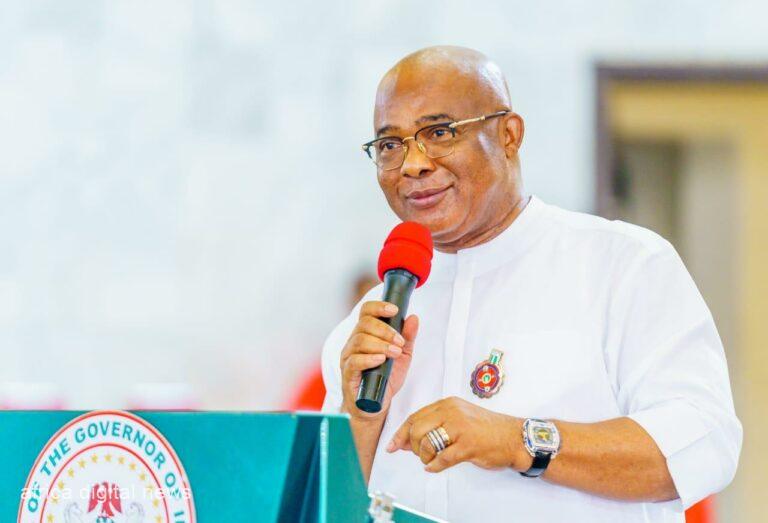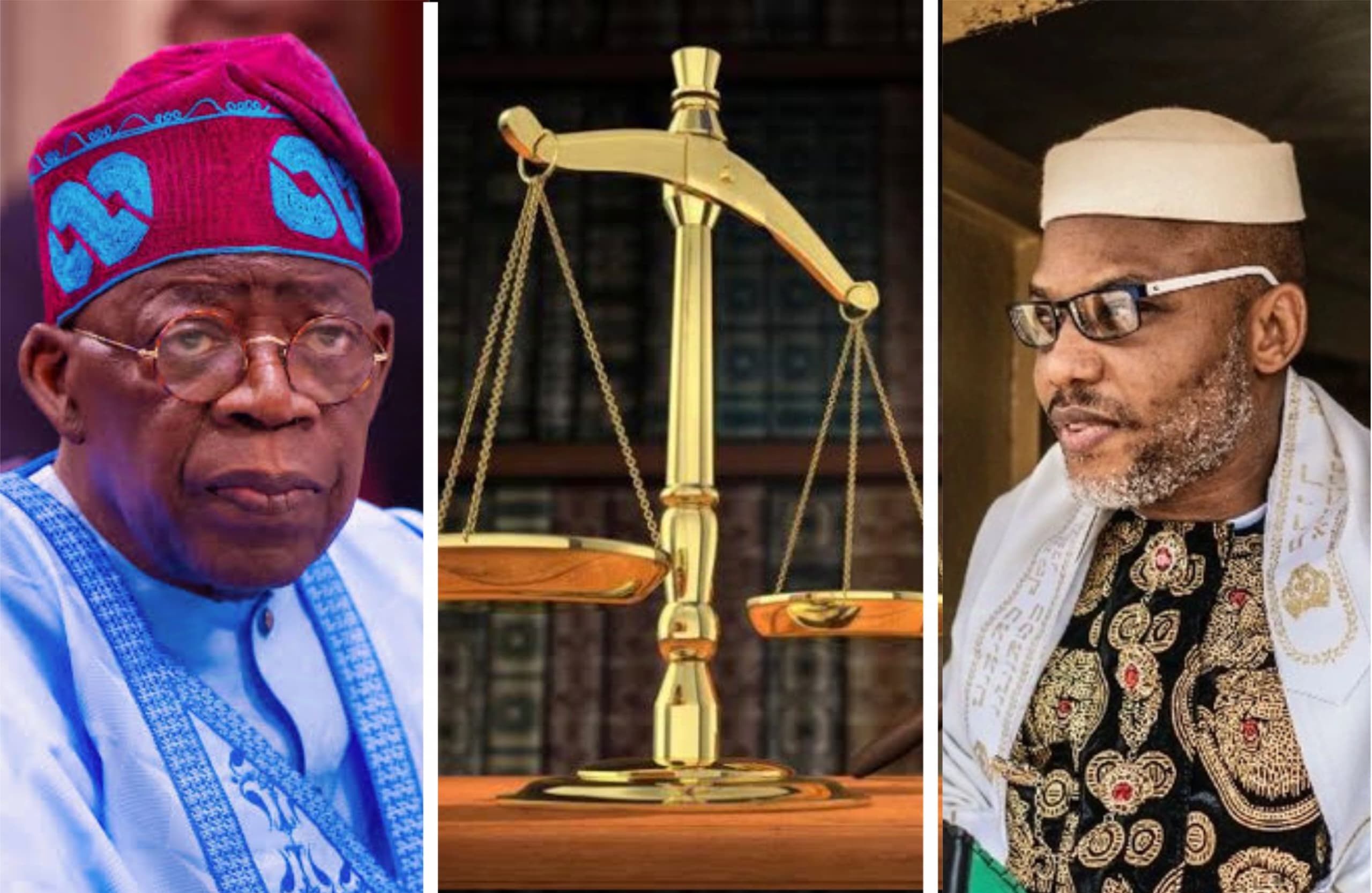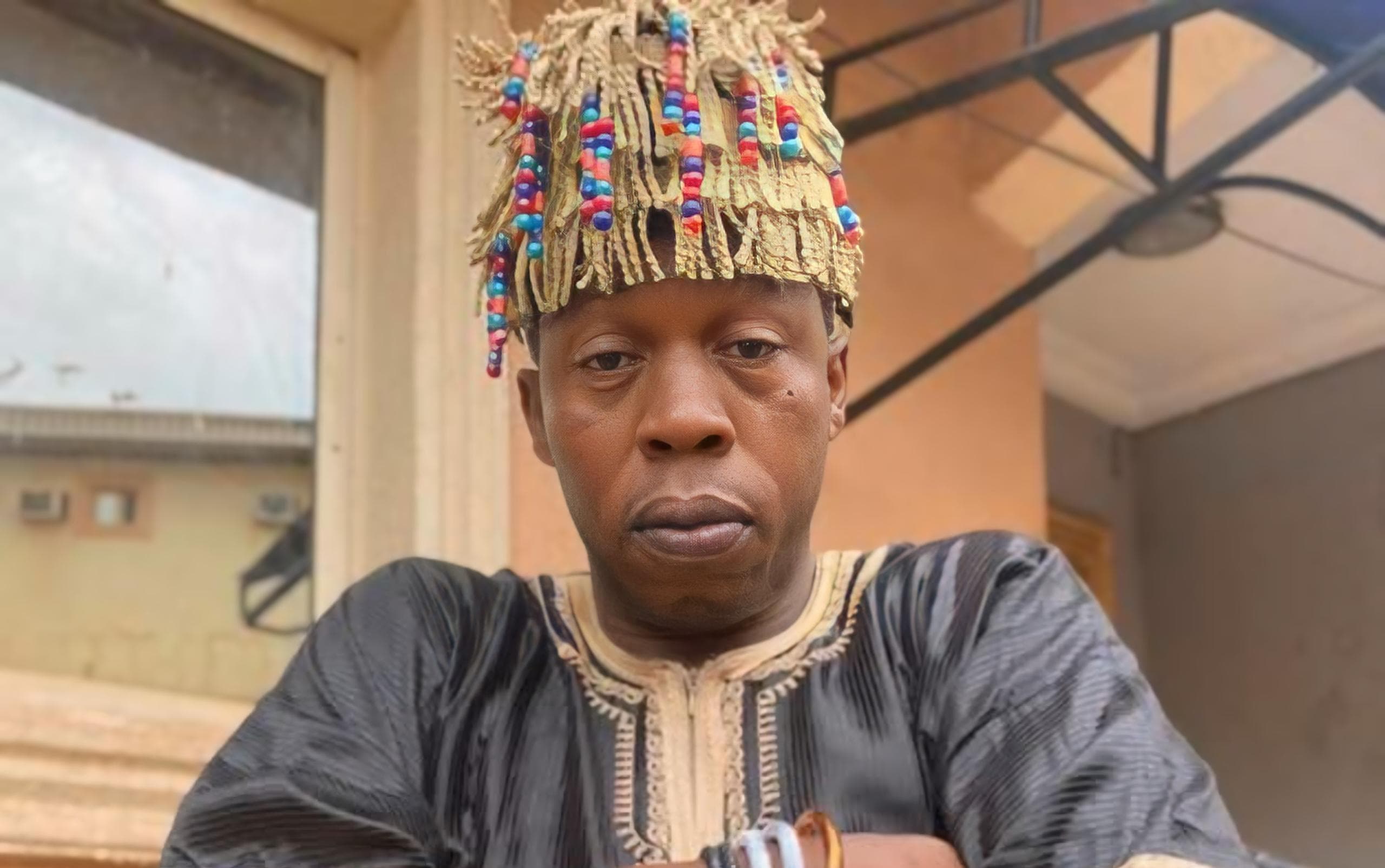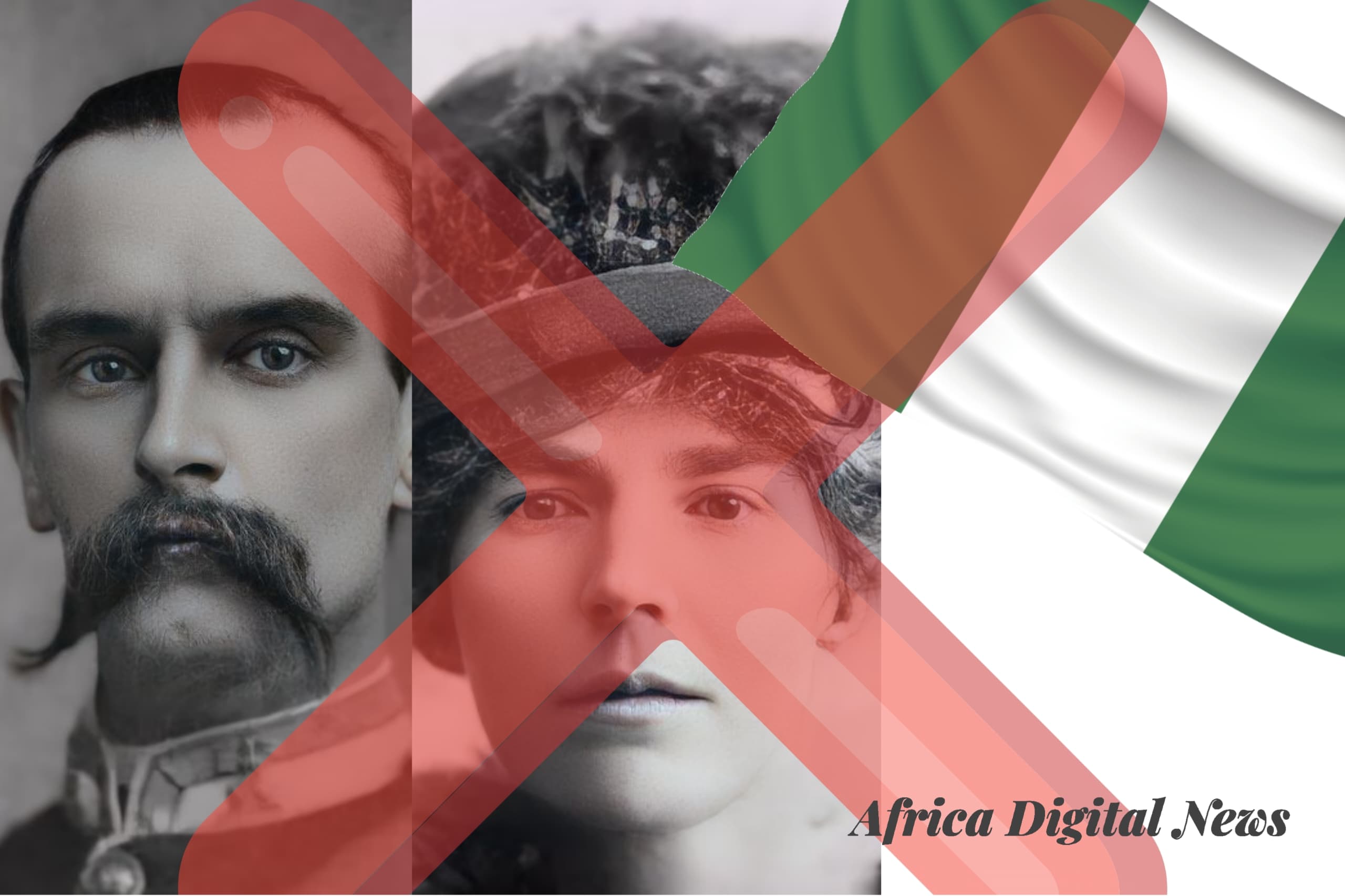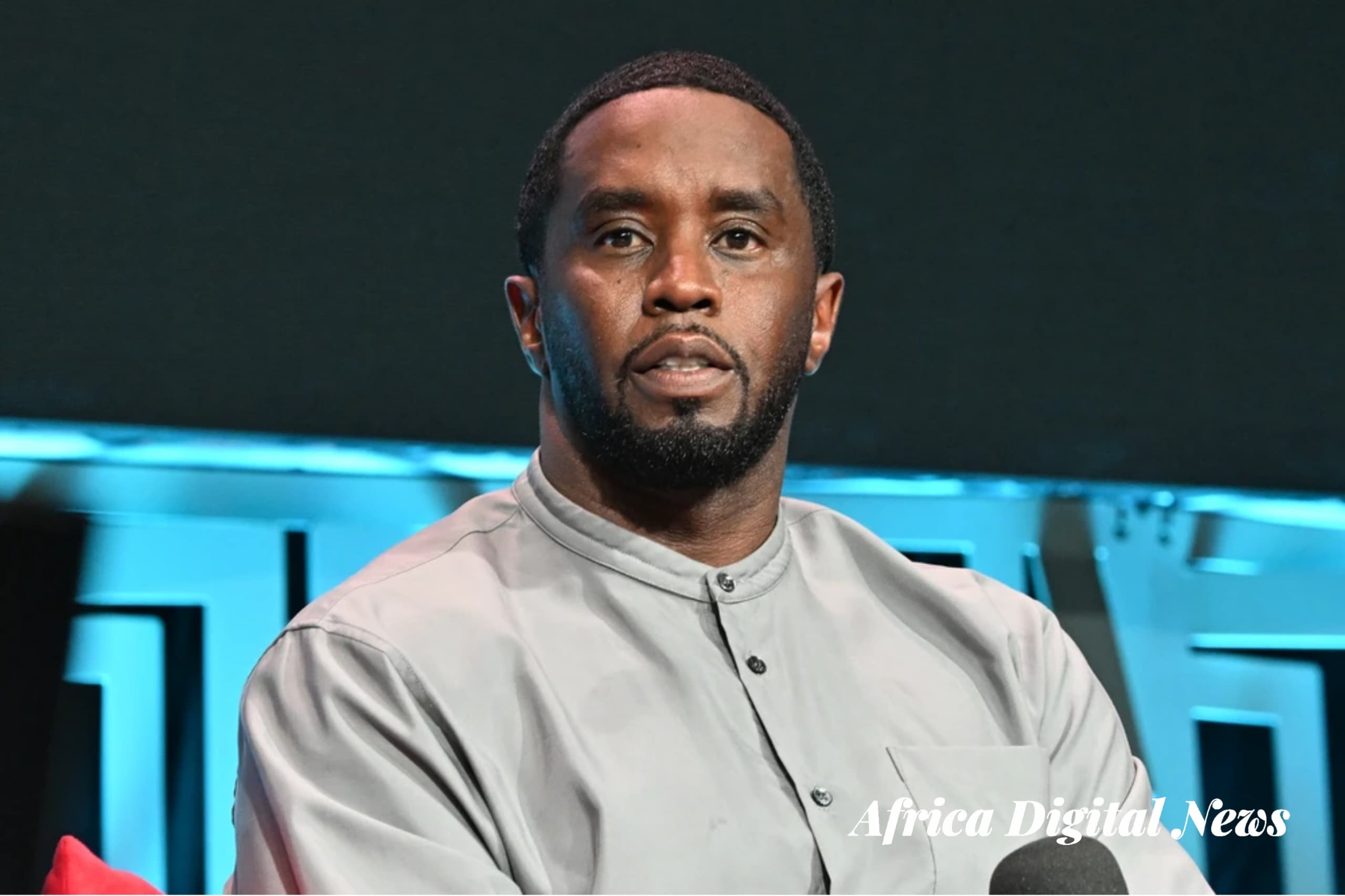The Charter of Equity, for the uninitiated, is not a mere political document. It’s a testament to the collective aspiration of Imo’s citizenry for balanced representation in governance. With the Orlu zone’s leadership extending over two decades, the charter’s spirit appears to be at risk. The Owerri zone’s fleeting leadership moments, captured during the tenures of Senator Evans Enwerem and Hon Emeka Ihedioha, only punctuate this imbalance further.
Governor Uzodinma’s reign, apparently, is another chapter in a long-standing narrative of Orlu dominance, casting a shadow over the aspirations and hopes of the Owerri Zone populace. While leadership styles and strategies may be unique to each ruler, the overarching sentiment of imbalance in representation has become increasingly palpable amongst the Owerri denizens.
The core of their concerns lies not only in the visible dichotomy of power but more pertinently in tangible outcomes and governance transparency. Queries surrounding the appropriate allocation and deployment of funds for local administration, tangible infrastructure development, and staffing nuances within the councils resonate with a deep desire for clarity. The ambiguity surrounding the state’s 13% oil derivation further intensifies the pressing concerns.
A foray into Governor Uzodinma’s past senatorial role does little to assuage these worries. The apparent dearth of legacy projects during his tenure in the Senate appears to reflect a similar trajectory in his current role as governor, at least from the perspective of many within the Owerri Zone.
However, this isn’t merely a lamentation. It’s a clarion call for rectification and action. The vision of an Imo State where principles of fairness, equity, and justice are not mere ideals but manifest realities remains within grasp. Yet, it mandates astute and enlightened choices by its denizens.
True governance transcends leadership and delves into the realm of mutual responsibility. As the people of Owerri Zone champion a future brimming with equanimity, their earnest discourse underscores a salient universal truth: Genuine governance flourishes only when leaders and citizens partake in candid exchanges and introspection, embodying the heart and soul of democratic ideals.
For Imo State, a promising horizon awaits. However, it beckons its denizens to journey forth with discerning vision, guided by principles of justice and balanced representation, ever wary of those who might thwart such noble aspirations.
Read Also: Hope Uzodinma: The Worst Roguish Nigerian Governor
The Dynamics of Leadership and the Road Ahead for Imo State
In dissecting the political narrative of Imo State, one cannot overlook the significance of the region’s historical dynamics. Owerri, as a zone, possesses an intricate blend of tradition, evolution, and aspiration. Their concerns are neither unfounded nor recent; they have been long-standing and deeply felt, tracing back through multiple administrations.
The very notion of governance hinges on trust, a sacred contract between the leaders and the led. As the Owerri Zone Group’s discourse suggests, this trust appears to be strained. They pose questions that seem simple on the surface, yet they dive into the heart of governance. From the utilisation of local government allocations to the precise achievements in rural development, the group’s queries seek clarity. And more fundamentally, they highlight a quest for visible, tangible progress that the common citizen can witness and benefit from.
Governor Uzodinma’s tenure is undeniably a topic of robust discussion. While every leader brings a unique flavour and approach to governance, the populace’s expectations remain consistent: transparency, development, and a sense of collective progress. The group’s reflections on the Governor’s stint as a Senator further emphasise this need for palpable change and development. After all, leadership, regardless of its tier, is ultimately judged by its lasting impact on the populace it serves.
Yet, as we reflect on these concerns, it is paramount to consider the broader picture. Leadership, as many would agree, is not a solitary endeavour. The machinery of governance is vast, with countless cogs and wheels that need to work in unison. While the leader remains the figurehead, the responsibilities are shared, as are the accomplishments and, indeed, the failures.
The clarion call by the Owerri Zone Group is not merely for introspection but for collective action. To ‘Make Imo Safe Again’ isn’t just a rallying cry; it’s a commitment to a brighter, more inclusive future. It’s an invitation for every stakeholder, from the political elites to the common citizen, to play their part in shaping the destiny of Imo State.
The essence of governance is a continuous dialogue between leaders and their constituents. For Imo State to truly embrace its potential and uphold the values enshrined in the Charter of Equity, this dialogue needs to be open, honest, and constructive. As the sun rises on a new day, may Imo State find its path to equity, progress, and shared prosperity, and just for Governor Uzodinma and his gang of sycophants.
Imo’s Bleak Horizon: A Reflective Examination of Leadership in Crisis
As we continue our introspective journey into the labyrinthine recesses of governance under the aegis of Governor Hope Uzodinma, we find ourselves at a precipice. We gaze into the chasm of political expedience, where leadership is traded for theatrics, and statecraft reduced to mere sleight of hand.
The once-vibrant tapestry of Imo State’s promise, a blend of its historical significance and rich cultural heritage, now appears frayed at the edges, dulled by the inertia of leadership that Uzodinma’s tenure has exemplified. One cannot extricate the state’s present condition from the overarching theme of misplaced priorities, which has been the hallmark of this administration.
A salient point, often lost in the cacophony of political discourse, is the role of leadership as a beacon of hope. Leaders, in their quintessential form, are not just administrators, but visionaries. Their gaze should transcend the immediate, reaching into the annals of history and the horizons of the future, crafting a narrative that embodies the aspirations of their people. Regrettably, Uzodinma’s narrative has been one of episodic missteps, punctuated by decisions that seemingly stem from political myopia.
In the face of such glaring misdirection, the Imolites find themselves at a crossroads, caught between a past that promised so much and a future that now seems uncertain. This uncertainty is further exacerbated by the state’s dire financial predicament. It’s not just about the staggering debt, as alarming as that is, but about the missed opportunities to invest in infrastructure, healthcare, education, and the myriad sectors that underpin a thriving society. Instead, funds that could have catalysed progress seem to have evaporated, leaving behind a trail of questions and the spectre of impropriety.
Beyond the balance sheets and the metrics of governance lies a more profound issue, one of trust and credibility. As allegations and whispers of impropriety swirl around the corridors of power in Owerri, the chasm between the governed and the governor widens. A relationship that should be built on mutual respect and a shared vision is now fraught with suspicion and disillusionment. The question that remains is not merely about Uzodinma’s legacy but about the long-term impact of such leadership on the psyche of the Imolites.
There is an adage, timeless in its wisdom, that states, ‘A leader is best when people barely know he exists.’ This embodies the essence of servant leadership, where the focus is not on self, but on service. As we reflect upon Uzodinma’s tenure, one is left pondering whether he will be remembered as the leader who receded into the background, allowing his deeds to speak for him, or as the figure who loomed large, overshadowing the aspirations and dreams of his state.
As the chapter on Uzodinma’s governance gradually draws to a close, the people of Imo State deserve not just reflection but a renaissance. A rejuvenation of ideals, a return to the core principles of equity, justice, and progressive leadership. It is their inalienable right, not just as citizens of Imo but as custodians of a legacy that deserves nothing less than excellence.
In Pursuit of Imo’s Reawakening: The Final Word
In the annals of political discourse, the measure of a leader is often distilled not by the eloquence of their words but by the impact of their actions. As we reflect upon the trajectory of Imo State under Governor Hope Uzodinma, a melancholic refrain emerges – a tale of promise unfulfilled, of a ship rudderless amidst the turbulent seas of governance.
Governor Uzodinma’s tenure has been punctuated by questionable fiscal decisions, lacklustre administrative performance, and a perceived disconnect from the very people he vowed to serve. These are not mere rhetorical observations but tangible realities that the residents of Imo State grapple with daily. The litany of missed opportunities, financial misadventures, and an apparent paucity of visionary leadership leaves a glaring void – a void that screams for direction, purpose, and redemption.
Leadership, in its truest essence, is not just about occupying an office or wielding power. It is about the sacred covenant between the leader and the led, a covenant built on trust, transparency, and the unyielding commitment to societal progress. By these standards, one is compelled to interrogate the very fabric of Uzodinma’s tenure and ask: Has he honoured this covenant?
The evidence, both empirical and anecdotal, suggests a stark departure from these ideals. The financial quagmire that Imo State finds itself in, the palpable sense of disillusionment amongst its populace, and the fading allure of a brighter tomorrow all point to a governance model that is not just flawed but fundamentally unsuited to the aspirations of the Imolites.
Thus, as we stand on the precipice of another electoral decision, the narrative is clear. The people of Imo State deserve more than the mediocrity of the past; they deserve a future that resonates with hope, development, and equitable leadership. They deserve a leader who does not just talk the talk but walks the walk, one who embodies the spirit of service and places the well-being of the state above personal or partisan interests.
In conclusion, the imminent re-election bid of Governor Hope Uzodinma is not merely a test of his political prowess but a litmus test for the collective conscience of Imo State. The past pages have painted a vivid picture, and the verdict seems unambiguous. A leader who has, by many accounts, veered off the path of progressive governance, arguably does not merit another tenure at the helm. Imo’s renaissance beckons, and it is incumbent upon its people to heed this call, charting a course towards a brighter, more inclusive future. The dawn of a new era awaits, but only if the choices made resonate with the lessons of the past.

